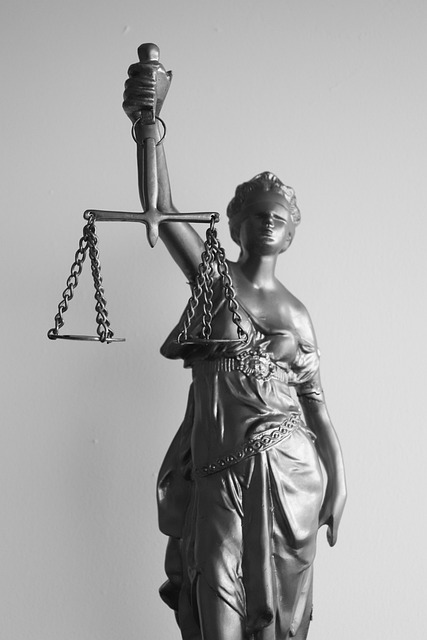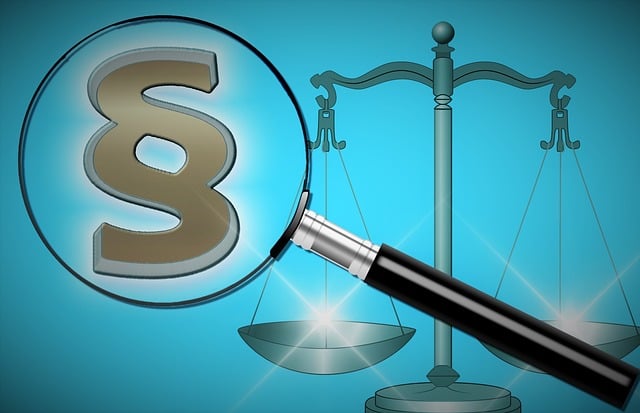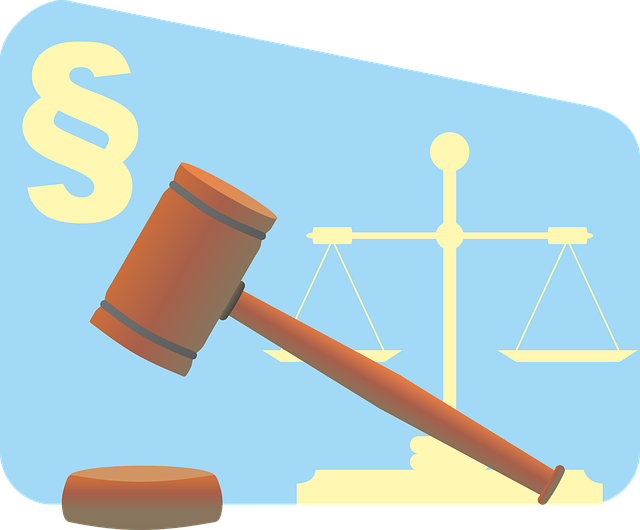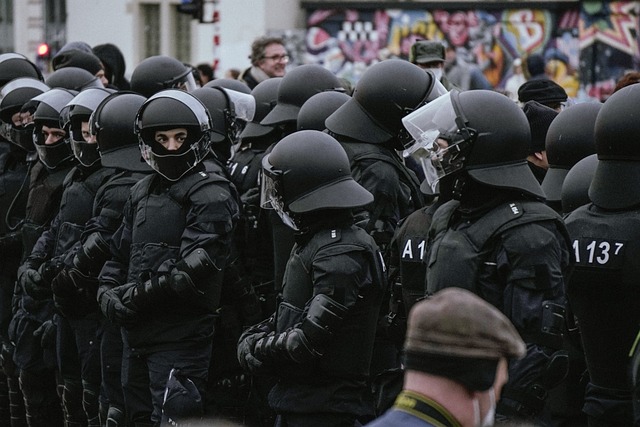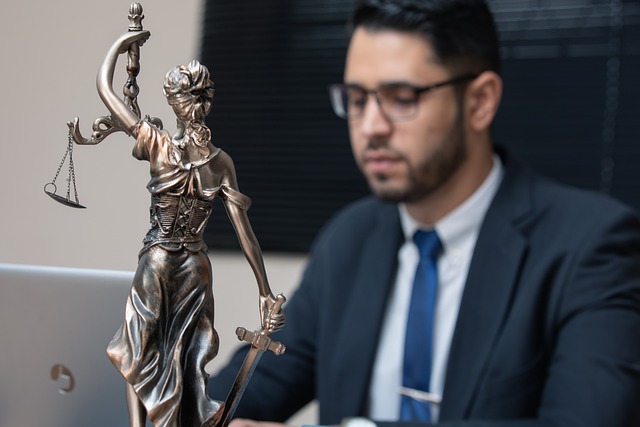Civil Law Experts in Defamation Suits are crucial in combating public corruption globally, providing specialized guidance to accused individuals and ensuring fair treatment within complex legal systems. They navigate intricate financial networks and schemes, employing strategies like evidence gathering, plea bargains, and expert testimonies. International collaboration and the sharing of successful defense practices reinforce justice, deter corrupt acts, and ensure accountability for public officials, as highlighted by notable defense verdicts.
Public corruption charges are a complex web of legal, ethical, and societal implications. Understanding these charges requires delving into definitions and exploring diverse legal frameworks globally. This article examines the crucial role of civil law experts in defamation suits against corrupt officials, dissects challenges and strategies in pursuing public corruption cases, and offers international perspectives on combating corruption through legal means. By leveraging insights from civil law experts, we aim to illuminate effective approaches for addressing public corruption.
- Understanding Public Corruption Charges: Definitions and Legal Frameworks
- The Role of Civil Law Experts in Defamation Suits Against Corrupt Officials
- Challenges and Strategies in Pursuing Public Corruption Cases
- International Perspectives on Addressing Public Corruption through Legal Means
Understanding Public Corruption Charges: Definitions and Legal Frameworks

Public Corruption Charges encompass a range of illegal activities where public officials abuse their power for personal gain. This can include bribery, extortion, and misusing public funds. The legal frameworks surrounding these charges vary across jurisdictions but generally involve strict regulations and penalties to deter such malfeasance. In many countries, the prosecution of public corruption is handled by specialized units within law enforcement and prosecutors’ offices, reflecting its seriousness.
Civil Law Experts in Defamation Suits play a crucial role in navigating the complex legal landscapes surrounding public corruption charges. They assist individuals accused of these offenses in understanding their rights and defenses under respective business and civil laws. In high-stakes cases across the country, these experts help clients interpret the nuances of anti-corruption legislation, ensuring they receive fair treatment within the legal system.
The Role of Civil Law Experts in Defamation Suits Against Corrupt Officials
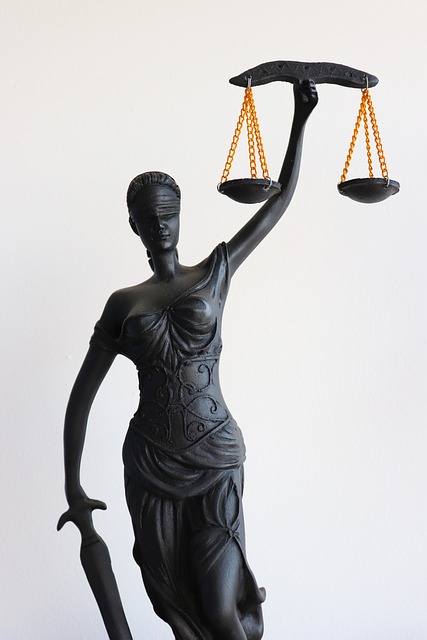
In the fight against public corruption, Civil Law Experts play a pivotal role in defamation suits against officials accused of unethical behavior. These legal professionals are instrumental in navigating the complex landscape of high-stakes cases, where reputations and careers hang in the balance. By leveraging their extensive knowledge of civil law, they guide clients through all stages of the investigative and enforcement process, ensuring that rights are protected and due process is upheld.
Their expertise extends to helping individuals clear their names and avoid indictment by presenting compelling defenses based on legal precedents and constitutional principles. This specialized support is crucial in maintaining integrity within public service while also safeguarding the rights of those accused, fostering a fair and balanced approach to corruption investigations.
Challenges and Strategies in Pursuing Public Corruption Cases
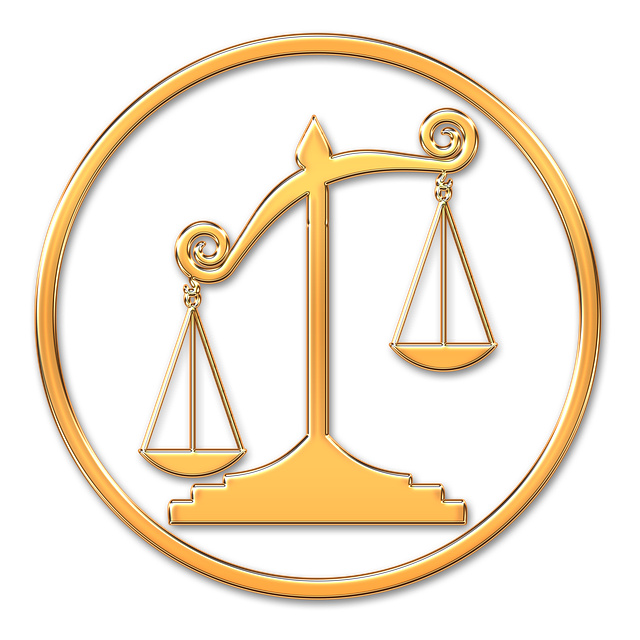
Pursuing public corruption cases presents unique challenges due to their complex nature and high-stakes implications. Prosecutors often face intricate financial trails, sophisticated schemes, and the need to protect whistleblower identities. Additionally, these cases demand a deep understanding of both criminal and civil laws, as they may involve parallel investigations and legal strategies. Civil law experts in defamation suits play a crucial role here, ensuring that legal proceedings are handled with precision and integrity.
One of the key strategies employed is building a robust and undisputed body of evidence. This includes financial records, communication logs, expert testimonies, and public documents. Another effective approach is leveraging cooperation from within corrupt networks through plea bargains or immunity agreements. These tactics have led to some impressive outcomes, such as an unprecedented track record of complete dismissals of all charges in certain cases, showcasing the strength of well-executed white collar defense strategies.
International Perspectives on Addressing Public Corruption through Legal Means
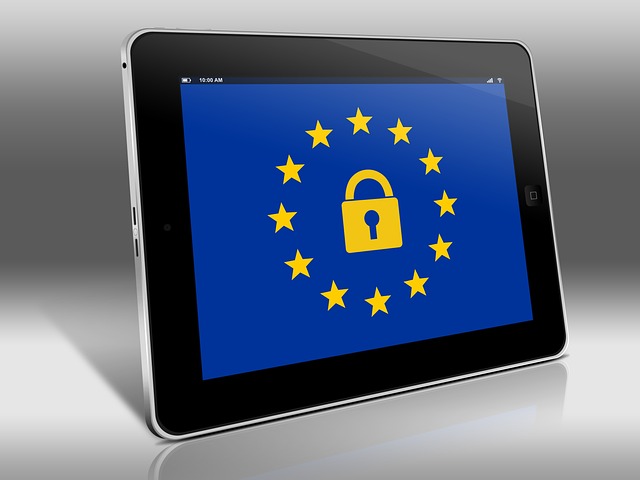
Addressing public corruption through legal avenues has gained significant international attention, with various jurisdictions adopting distinct approaches. Many countries, particularly those adhering to Civil Law, have leveraged their legal systems to combat this global issue effectively. Civil Law Experts in Defamation Suits play a pivotal role in navigating complex cases of public corruption, utilizing sophisticated strategies and knowledge of procedural laws to secure justice.
The international community has recognized the importance of strengthening legal frameworks to deter and prosecute corrupt acts. This has led to increased collaboration among nations, sharing best practices and expertise in white-collar defense. Through these efforts, philanthropic and political communities worldwide are fostering an environment that discourages corruption, ensuring that those in power are held accountable for their actions. The success in winning challenging defense verdicts serves as a testament to the resilience of legal systems and the commitment of professionals dedicated to upholding justice.
In navigating the complex landscape of public corruption charges, civil law experts play a pivotal role in defamation suits against corrupt officials. By understanding the nuances of legal frameworks and employing strategic approaches, these experts can help ensure justice is served and the integrity of public institutions upheld. International perspectives on addressing public corruption through legal means further underscore the importance of robust legal mechanisms and collaborative efforts to combat this global challenge.
